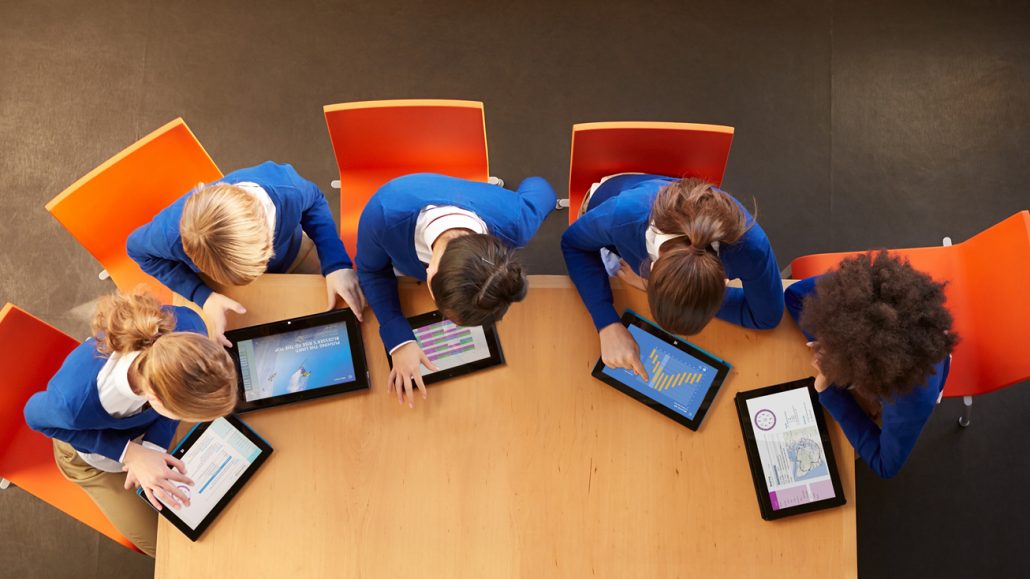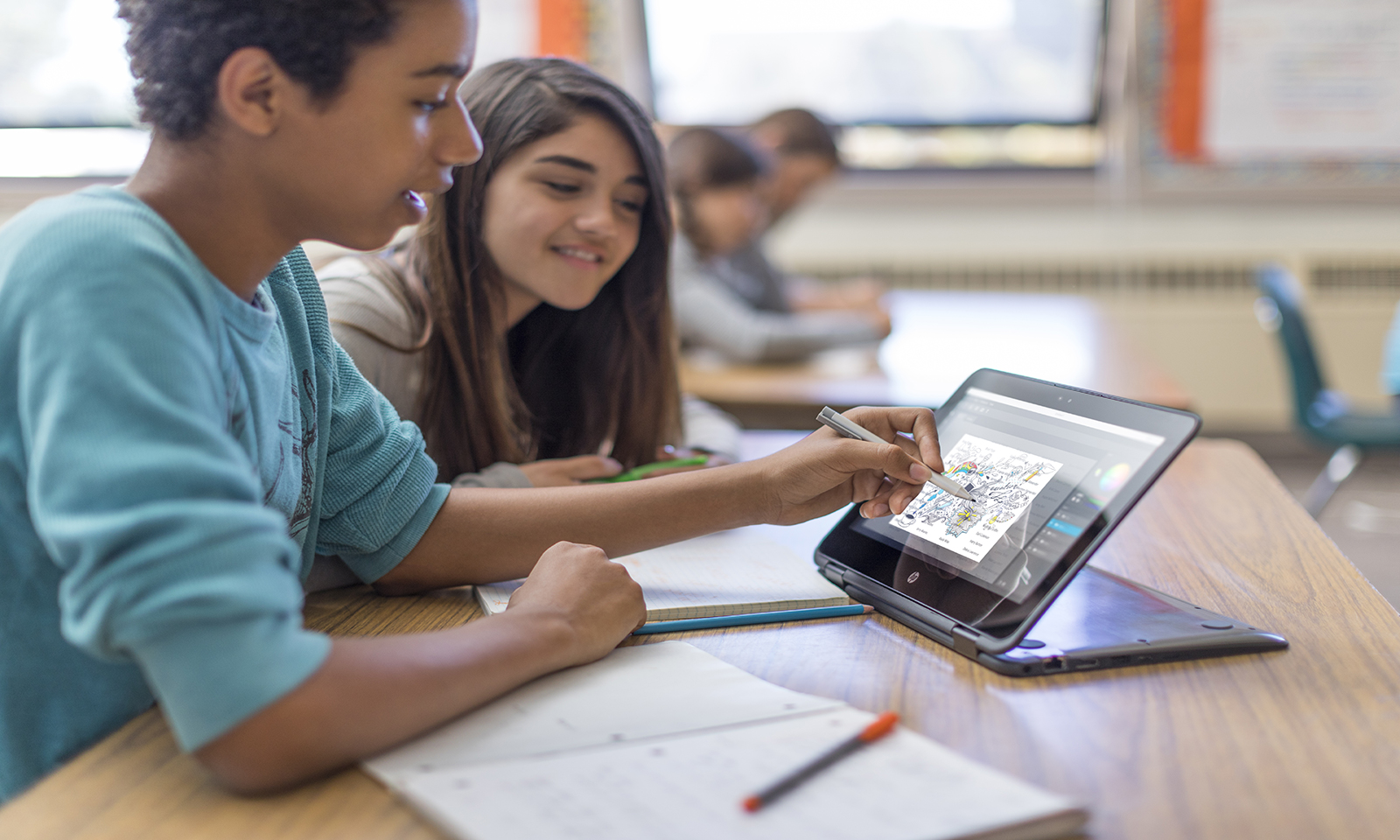The Ministry of Education is currently developing a project to provide connectivity to all secondary schools in Mauritius this year. The various educational reforms aimed at empowering children have shown that they are exposed to new technologies, which is fundamental to their development.
A seminar, organized by the UNESCO Institute for Information Technologies in Education, was conducted by experts from Russia and China on this subject. Under the theme “ICT towards Education 2030: Teacher Professional Development and ICT in Inclusive Education”, they shared good practices at international, national and local levels with the participants, namely primary and secondary school inspectors and specialists from the Mauritius Institute of Education. The seminar consisted of two sessions, one on “Good practices in ICT (Information and Communication Technology) at primary and secondary levels” and the other on “Special needs of ICT in education”.

The Minister of Education, Leela Devi Dookun-Luchoomun, recalled that the reforms in the education sector focus on the development of young Mauritians. “To achieve goal four of sustainable development, skilled people who can perform complex multi-functions are needed and that is why the government is giving extreme importance to youth development and empowerment,” she said. According to the Minister, ICT is integrated into the education sector because young people are constantly surrounded by new technologies. The seminar was therefore essential for the professional development of teachers in ICT so that they could use technology effectively in their classrooms.
Unesco’s support for ICT teachers
ICT is playing an increasingly important role in the way we communicate, learn and live. The challenge for the United Nations Educational, Scientific and Cultural Organization is therefore to harness these technologies effectively to serve the interests of students and the teaching community. UNESCO has always believed that ICTs can contribute to universal access to education, equity, quality teaching and the professional development of teachers in the world of education throughout the world. The organization has therefore adopted a comprehensive approach to ICT in education. It is through the Organization’s universal platform that it focuses on the joint work of the communication, information, education and science sectors, where issues of access, inclusion, equity and quality in education can be addressed.

Digital technologies are indeed everywhere and bring many exciting opportunities for our schools, affecting the “what, where and how” of education. For this reason, supporting schools to make the most of new technologies is an important part of the Ministry of Education’s work programme. In the near future, all schools will have access to the technology available to provide Internet access for teaching and learning. Connected classrooms will provide students and teachers with easier, affordable and faster access to information, teaching resources and learning.



